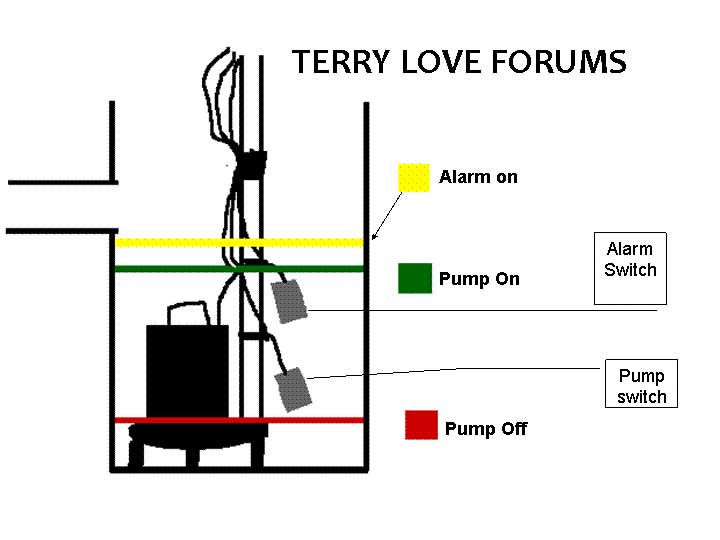Greetings,
About a year ago, we converted our sewer system to an overhead system. This was due to some sewer backup issues we were having with the city during heavy rains. The conversion went well and to the best of my knowledge the company that did the work did a good job.
Before they left, I asked them if any periodic maintenance was needed and they said 'no'. I've been thinking about this recently, and it wanted to get a second opinion on this 'no maintenance' concept. Does this sound correct? No annual... anything...?
Since we have a finished basement (newly finished I might add), we're highly interested in catching any issues before we have any self-inflicted backup. My concern would be that the system would stop working and a load of laundry would come pouring out our toilet or shower drain, unnoticed until significant damage had occurred.
Any thoughts on this or how people generally handle the long-term care of such a system?
Thanks,
-Matt
About a year ago, we converted our sewer system to an overhead system. This was due to some sewer backup issues we were having with the city during heavy rains. The conversion went well and to the best of my knowledge the company that did the work did a good job.
Before they left, I asked them if any periodic maintenance was needed and they said 'no'. I've been thinking about this recently, and it wanted to get a second opinion on this 'no maintenance' concept. Does this sound correct? No annual... anything...?
Since we have a finished basement (newly finished I might add), we're highly interested in catching any issues before we have any self-inflicted backup. My concern would be that the system would stop working and a load of laundry would come pouring out our toilet or shower drain, unnoticed until significant damage had occurred.
Any thoughts on this or how people generally handle the long-term care of such a system?
Thanks,
-Matt

